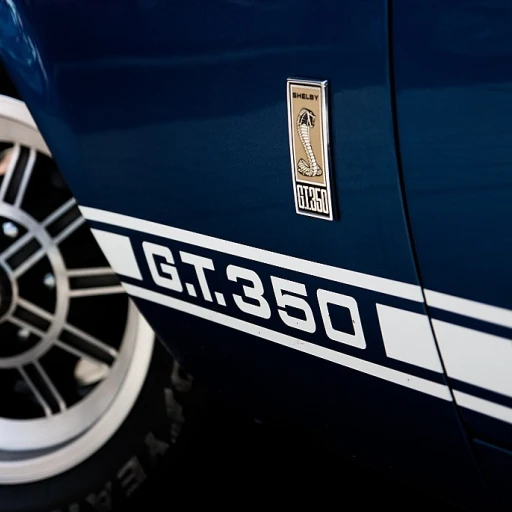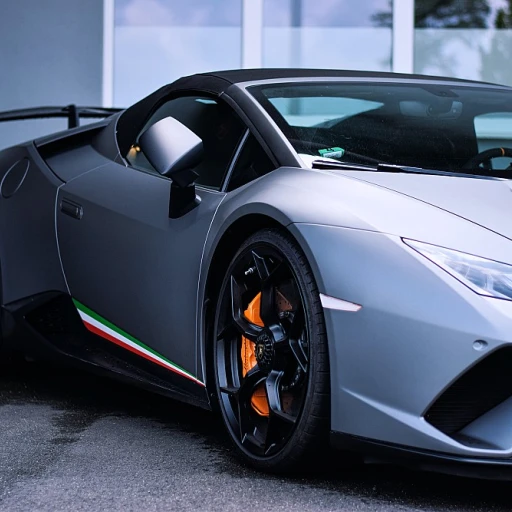
Engineering precision and performance
Precision Engineering: The Heart of German Sports Cars
German sports cars have earned their reputation for delivering a unique blend of luxury and performance, thanks to a relentless focus on engineering precision. Whether you are behind the wheel of a Mercedes-Benz AMG, a BMW M series, or a Porsche coupe, the attention to detail in every component is unmistakable. These brands have consistently set benchmarks in the world of high performance, combining advanced technology with traditional craftsmanship.
- Engine Excellence: The engines in German sports cars are celebrated for their power and refinement. From turbocharged cylinder configurations in the latest BMW series to the fully electric powertrains of the Porsche Taycan, each model is engineered for maximum horsepower and efficiency. The result is a driving experience that is both exhilarating and smooth, whether you prefer a rear-wheel drive coupe or an all-wheel drive sedan.
- Chassis and Suspension: German automakers invest heavily in chassis development, ensuring that every car, from the Audi coupe to the Benz class, delivers precise handling and stability at high speeds. This commitment to engineering is what places these cars at the top of car rankings for luxury sports vehicles.
- Materials and Build Quality: Only the best materials are used, from lightweight alloys to advanced composites. This not only enhances performance but also contributes to the unmistakable feel of luxury in every model based on German engineering principles.
For those who appreciate both refined performance and timeless luxury, exploring the in-depth look at the 1998 Cadillac Seville offers an interesting comparison to the German approach, highlighting how engineering philosophies shape the driving experience.
As we move forward, the design philosophy and aesthetic appeal of these vehicles further distinguish them in the world of luxury sports cars, complementing their technical prowess with unmistakable style.
Design philosophy and aesthetic appeal
Timeless Silhouettes and Modern Statements
German sports cars have long been admired for their unmistakable design language. Whether you are glancing at a Mercedes Benz coupe, a BMW series model, or the sleek lines of a Porsche Taycan, the visual impact is immediate. These cars blend sharp, athletic contours with refined elegance, creating a presence that is both assertive and sophisticated. The best German models, from the iconic Audi coupe to the latest Benz CLE, showcase a harmony between tradition and innovation.Signature Details and Brand Identity
Each brand brings its own aesthetic philosophy to the table. Mercedes, for example, is known for its bold grilles and flowing lines, while BMW emphasizes muscular stances and the signature kidney grille. Porsche, on the other hand, has perfected the art of the rear-engine silhouette, especially in their turbocharged cylinder sports cars. Audi’s design stands out with crisp edges and a futuristic approach, especially in their fully electric models based on the e-tron platform. These details are not just for show—they reflect the performance capabilities and luxury status of each car.- Distinctive LED lighting signatures for night-time recognition
- High-quality materials such as leather, carbon fiber, and brushed aluminum
- Attention to aerodynamics, enhancing both aesthetics and performance
- Personalization options, allowing owners to tailor their car’s appearance
Interior Craftsmanship and Comfort
Step inside a German sports car, and the commitment to luxury becomes even more apparent. The cabins are meticulously crafted, with ergonomic seats, advanced infotainment, and customizable ambient lighting. Whether it’s the AMG class Mercedes or the latest Audi sale coupe, every detail is designed to elevate the driving experience. Photos of these interiors often highlight the seamless integration of technology and comfort, making each journey as pleasurable as it is exhilarating. For those seeking a deeper dive into how luxury and performance intersect in high-end vehicles, the article on refined blends of luxury and performance offers further insights.Visual Impact on Car Rankings
A car’s design is more than just aesthetics—it plays a crucial role in car rankings and desirability. The best German sports cars consistently lead in this area, thanks to their ability to balance aggressive styling with timeless appeal. Whether you’re considering a high performance wheel drive coupe or a luxury sports sedan, the visual allure is a key factor in the ownership experience.Innovative technology and driving experience
Driving Innovation: Where Technology Meets Emotion
German sports cars are celebrated not only for their engineering and design, but also for their relentless pursuit of technological advancement. Whether you’re behind the wheel of a Mercedes Benz AMG, a BMW M series coupe, or the fully electric Porsche Taycan, the integration of innovative technology is unmistakable. From turbocharged cylinder engines to advanced wheel drive systems, these models are engineered to deliver high performance with every drive. The latest generation of Audi coupe and Benz class models, for example, feature adaptive suspension, dynamic traction control, and digital cockpit displays that elevate the driving experience. Photos of these interiors often highlight the seamless blend of luxury and functionality, with intuitive controls and customizable displays.- Performance at your fingertips: Many German sports cars now offer drive mode selectors, allowing owners to switch from comfort to sport settings, adjusting engine response and suspension in real time.
- Connectivity and infotainment: Touchscreen interfaces, voice-activated controls, and premium sound systems are standard in the best German luxury sports cars, keeping drivers connected and entertained.
- Safety and assistance: Advanced driver-assistance features, such as adaptive cruise control and lane-keeping assist, are integrated without compromising the thrill of driving.
Exclusivity and customization options
Personalization: Crafting a Unique Driving Statement
For luxury car owners, exclusivity is more than a badge—it's a statement of individuality. German sports cars, whether from Mercedes Benz, BMW, Porsche, or Audi, offer a remarkable range of customization options that elevate the ownership experience far beyond standard models. From the moment you select your preferred model—be it a BMW Series coupe, a Mercedes Benz AMG class, or the fully electric Porsche Taycan—you are invited into a world where nearly every detail can be tailored. Paint finishes, wheel designs, interior materials, and even the stitching on the seats can be specified to your taste. For example, the Benz CLE class coupe and Audi coupe models based on the latest platforms offer exclusive color palettes and trim packages that are not available in mass-market cars.- Performance Upgrades: Many brands offer factory-installed performance packages, such as turbocharged cylinder enhancements or advanced wheel drive systems, allowing you to boost horsepower and handling to match your driving style.
- Interior Luxury: Choices range from hand-stitched leather to carbon fiber accents, with options for ambient lighting and advanced infotainment systems. Photos of bespoke interiors in the best German sports cars often highlight the craftsmanship that sets these vehicles apart.
- Exclusive Editions: Limited-run models and special series, like the AMG Black Series or Porsche's high-performance variants, provide collectors and enthusiasts with rare opportunities to own a piece of automotive history.
Ownership experience and brand prestige
Living the German Sports Car Lifestyle
Owning a German sports car is more than just having a high-performance vehicle in your garage. It’s an immersive experience that blends luxury, engineering, and a sense of belonging to an exclusive club. The moment you step inside a Mercedes Benz AMG, a Porsche Taycan, or a BMW Series coupe, you’re greeted by meticulous craftsmanship and advanced technology that set these cars apart from the rest.
- Attention to Detail: Every element, from the leather upholstery to the precision of the turbocharged cylinder engines, reflects the brand’s commitment to excellence. Whether you choose a fully electric model or a classic high performance coupe, the interior ambiance is tailored for comfort and sophistication.
- Brand Prestige: Driving a German sports car like a Benz Class coupe or an Audi coupe signals a certain status. These brands consistently rank among the best in car rankings for luxury sports and performance. The badge on the hood is a symbol of achievement and taste.
- Community and Events: Owners often participate in exclusive events, track days, and private gatherings. Sharing photos of your latest model or discussing the nuances of wheel drive systems with fellow enthusiasts becomes part of the ownership journey.
Service, Support, and the Value of Authenticity
German luxury sports cars are engineered for longevity, but they also require specialized care. Authorized service centers for brands like Mercedes, BMW, Porsche, and Audi offer tailored maintenance programs, ensuring your car remains in peak condition. Genuine parts, expert technicians, and a transparent service history help maintain both performance and resale value.
Customization options further enhance the ownership experience. From bespoke interiors to performance upgrades, owners can personalize their cars to reflect their unique style. Models based on the latest series or class updates, such as the Benz CLE or the newest Audi sale releases, keep the experience fresh and exciting.
Ultimately, the ownership journey is about more than horsepower or engine specs. It’s about the pride of driving a best German sports car, the thrill of every drive, and the satisfaction of being part of a legacy that continues to set the standard for luxury and performance worldwide.
Challenges and considerations for luxury car owners
Maintenance, Value, and Real-World Considerations
Owning a German sports car is a statement of taste and passion for luxury, but it comes with its own set of challenges. The engineering precision and high performance that make models like the Mercedes Benz AMG, BMW Series, and Porsche Taycan so desirable also demand a commitment to regular, specialized maintenance. These cars often feature turbocharged cylinder engines, advanced wheel drive systems, and cutting-edge technology that require expert care.
- Maintenance Costs: The best German sports cars, whether a coupe or a fully electric model, are built for performance. This means higher costs for parts, labor, and specialized service. Owners should budget for premium fluids, tires, and regular diagnostics, especially for high-performance engines and luxury features.
- Depreciation and Value: While models based on exclusivity and limited series can hold their value, others may experience significant depreciation. Factors like model year, photos and documentation of service history, and car rankings influence resale value. Limited edition class coupe or AMG models often fare better in the long run.
- Insurance and Security: High horsepower and luxury status mean higher insurance premiums. Security is also a concern, as these cars are attractive targets. Many owners invest in advanced tracking and secure storage solutions.
- Practicality and Everyday Use: While the driving experience is unmatched, daily usability can be limited. Sports car seating, cargo space, and ground clearance may not suit every lifestyle. For example, a Porsche Taycan offers fully electric performance but may require planning for charging infrastructure.
- Customization and Warranty: Personalizing your Benz class or Audi coupe with exclusive options can enhance the ownership experience, but aftermarket modifications might affect warranty coverage or resale value. Always check with the manufacturer or authorized dealer before making changes.
Ultimately, the ownership journey is about balancing the thrill of high performance and luxury with the realities of upkeep, value retention, and everyday practicality. For those who appreciate the blend of engineering, design, and exclusivity, the rewards often outweigh the challenges.

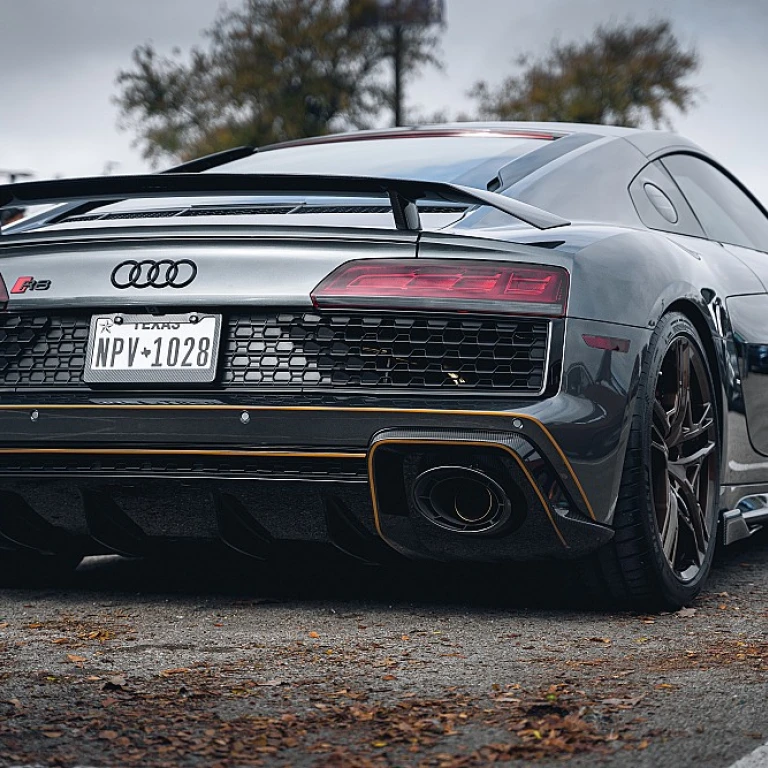


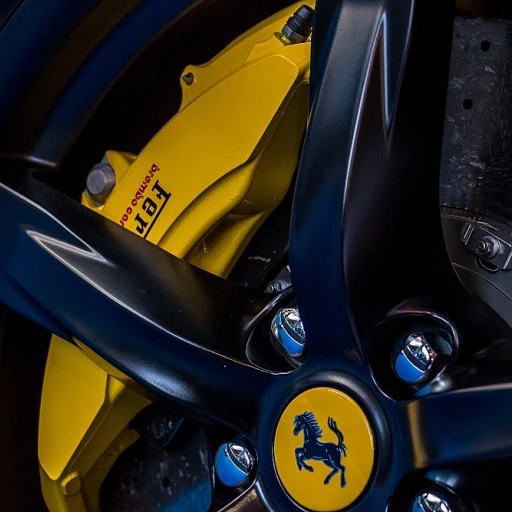
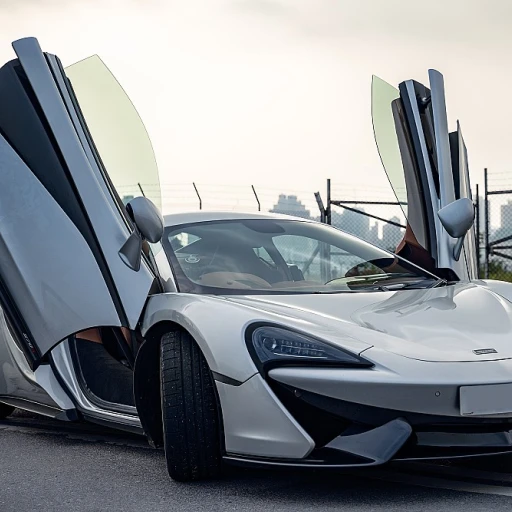
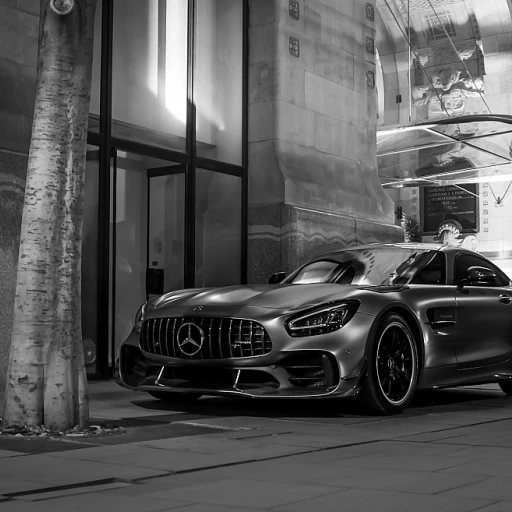
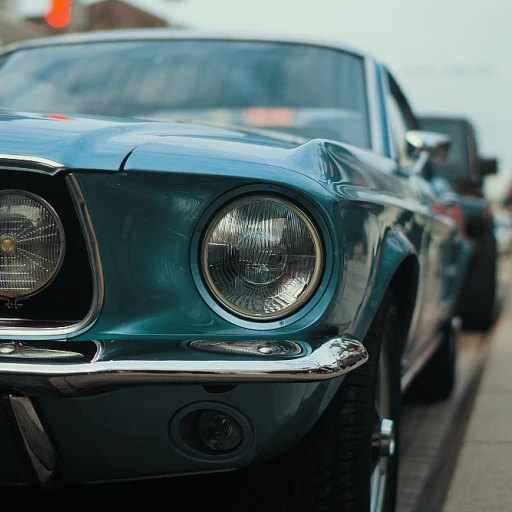


-large-teaser.webp)
